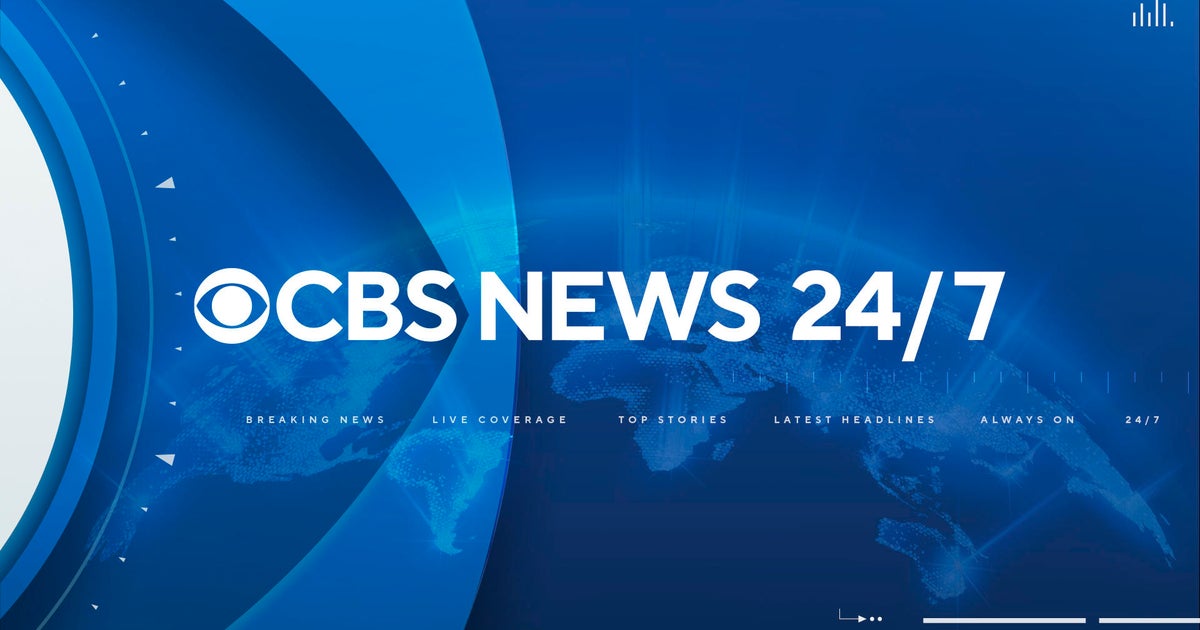Navigating the News Landscape: Tips for Finding Credible Info
In an age where information is bountiful yet usually unstable, navigating the information landscape with discernment is vital. Establishing the credibility of resources is the first action, as comprehending the qualifications of writers and the credibility of their magazines can considerably influence the high quality of info consumed.
Assessing Resource Trustworthiness
Evaluating resource reliability is essential for ensuring the reliability of information in an age marked by information overload. As people navigate numerous types of media, from electronic short articles to socials media, discerning credible sources comes to be vital. Key aspects to take into consideration when evaluating resource reliability consist of the authority of the writer, the publication's credibility, and the proof given to sustain claims.
First, take a look at the writer's qualifications and know-how in the subject matter. Authors with appropriate scholastic or specialist histories are more probable to supply reputable understandings. Next off, consider the publication's track record; developed media electrical outlets commonly abide by journalistic standards and fact-checking protocols, making them much more credible.
Furthermore, examine the top quality and relevance of the proof presented. Reputable sources typically mention peer-reviewed research studies, professional interviews, or official statistics, which reinforces their claims.
Cross-Checking Details
Cross-checking info is an important practice for verifying the precision of insurance claims and avoiding the pitfalls of false information. This process involves contrasting info from several trusted resources to establish its legitimacy. When coming across a newspaper article or insurance claim, one ought to look for extra reporting on the exact same topic from various outlets. This helps to recognize discrepancies and validate truths.
To effectively cross-check details, it is important to make use of diverse sources, consisting of developed news companies, scholastic journals, and specialist opinions. Each source may offer a special viewpoint or additional context that boosts understanding. Additionally, take notice of the publication days of the information being evaluated, as updates or adjustments might have been released.
In addition, consider the context in which info is provided. Seek proving evidence, such as information, meetings, or direct accounts, that lend trustworthiness to a case. Beware of marvelous headings or psychologically billed language, as these can show an effort to adjust assumption.
Acknowledging Prejudice and Viewpoint
Recognizing prejudice and viewpoint is crucial for navigating the complex landscape of information. Every piece of news is filtered through the lens of the writer's experiences, ideas, and affiliations, which can substantially form the narrative provided. As consumers of information, it is important to acknowledge these biases, as they can result in distorted perceptions of fact.

It is likewise important to recognize helpful resources your own biases. Individual beliefs can affect exactly how you interpret details, making it vital to content come close to news with a critical way of thinking. Involving with diverse viewpoints can help neutralize personal prejudices, enabling for a more rounded understanding of issues.
Eventually, recognizing prejudice and point of view in news coverage is not merely a scholastic exercise; it is a crucial skill for notified citizenship in a democratic society. By growing this awareness, people can make even more educated choices and contribute to an extra nuanced public discourse.
Recognizing Fact-Checking Resources
Fact-checking resources play an essential role in discerning the precision of details in an age noted by false information and sensationalism. These resources, which consist of independent companies and on the internet platforms, are committed to confirming cases made by public figures, media electrical outlets, and social media sites blog posts. They use extensive methods to examine the credibility of statements, frequently citing original sources and offering context to help with understanding.
Some well-known fact-checking companies, such as Snopes, FactCheck.org, and PolitiFact, concentrate on different topics, from political unsupported claims to viral net insurance claims. Their work not only exposes false information however likewise stresses the relevance of evidence-based discussion. By speaking with these resources, individuals can establish a much more critical technique to the details they run into.
In addition, many fact-checking platforms provide user-friendly interfaces that allow for fast searches by topic or insurance claim, making it much easier for customers to find pertinent information without delay. Involving with fact-checking sources cultivates crucial reasoning and furnishes individuals with the devices required to browse the complex news landscape effectively, eventually advertising a much more educated public discourse.

Utilizing Trusted News Aggregators
In today's fast-paced information landscape, trusted information collectors function as useful devices for individuals seeking reputable news sources. These platforms compile newspaper article from numerous reputable electrical outlets, giving customers with a combined view of current occasions. By curating material from established media organizations, aggregators aid individuals prevent the mistakes of misinformation and sensationalism often widespread in less trustworthy sources.
When utilizing information aggregators, it is vital to select ones that prioritize top quality over amount. Search for systems that utilize rigorous content requirements, guaranteeing that the information provided is accurate and credible. Popular aggregators like Google Information, Feedly, and Flipboard enable customers to tailor their information feeds based on subjects of interest, making it possible for a tailored experience that can enhance understanding and awareness.
In addition, aggregators usually include attributes such as fact-checking combinations and user scores, further helping customers in discerning credible info - news. However, while news collectors click here for more are useful, customers ought to continue to be watchful and cross-reference details with primary resources when essential. By leveraging relied on information aggregators successfully, people can navigate the complex media landscape while remaining educated with reputable and diverse viewpoints
Conclusion
To conclude, navigating the news landscape demands a methodical strategy to ensure the consumption of trustworthy details. Assessing source trustworthiness, cross-checking truths, and identifying prejudices are essential practices for informed discourse. Additionally, utilizing fact-checking resources and trusted news aggregators enhances the ability to discern accurate reporting from misinformation. By employing these techniques, individuals can contribute to a more informed public dialogue and foster critical thinking in the face of a progressively complicated media atmosphere.